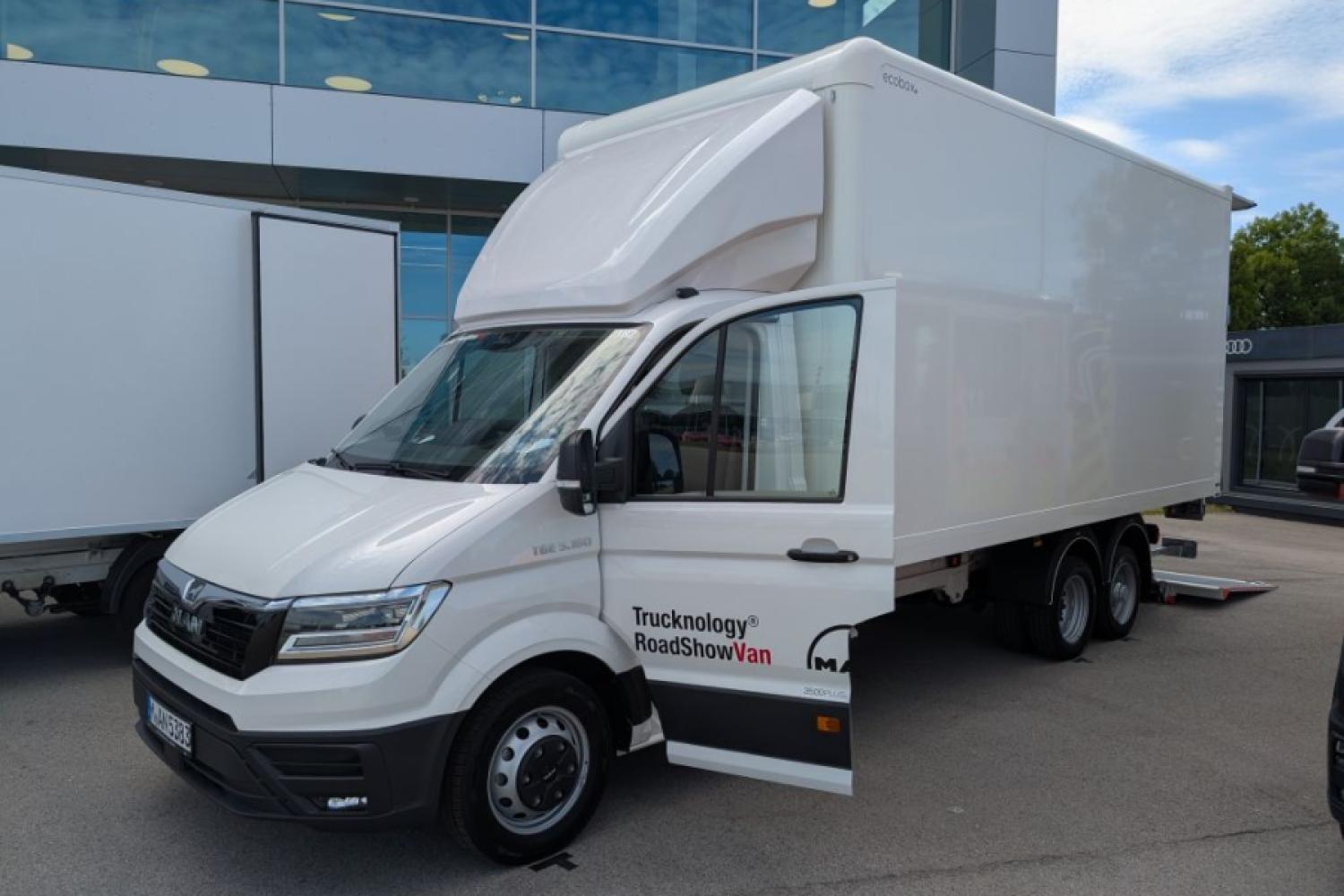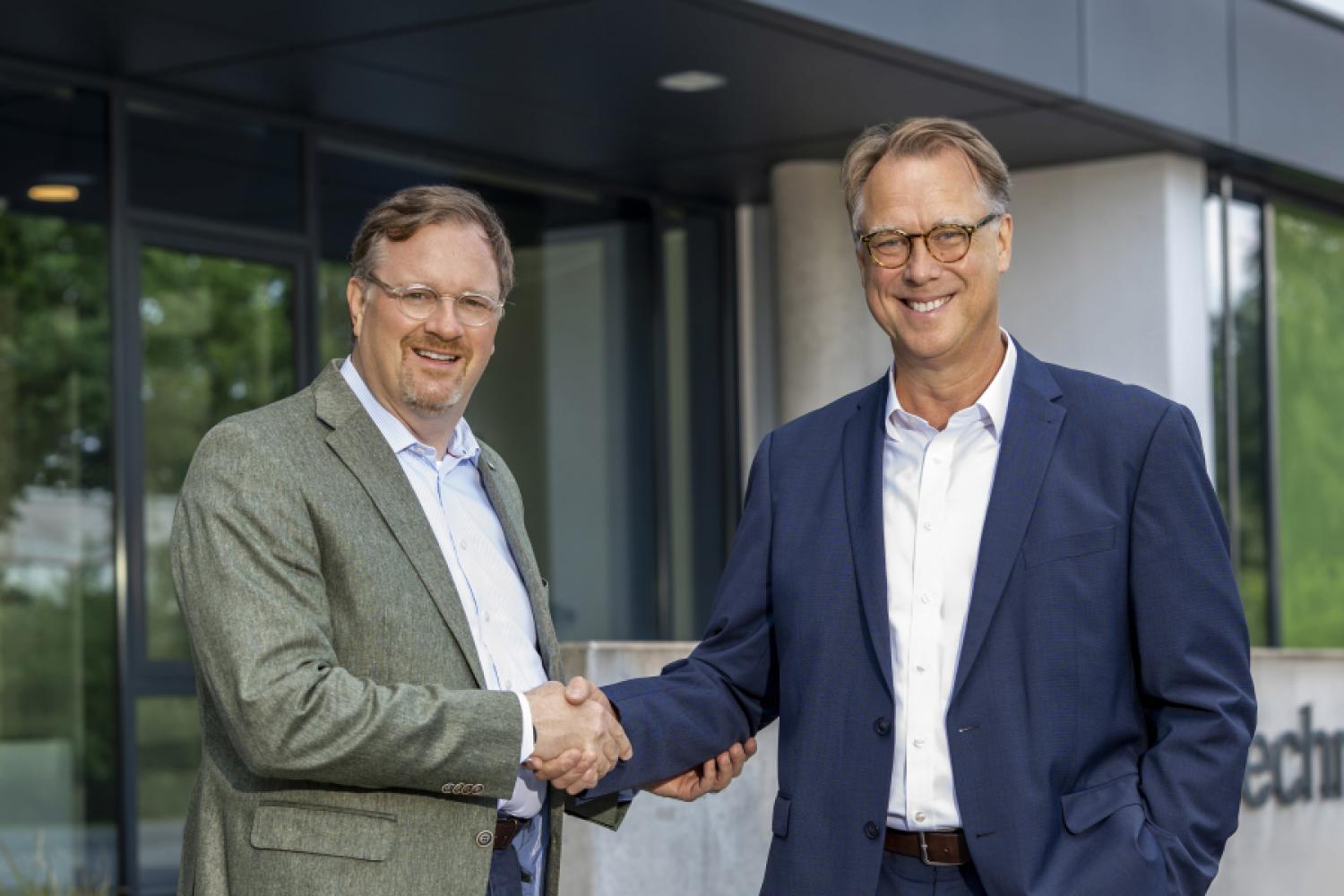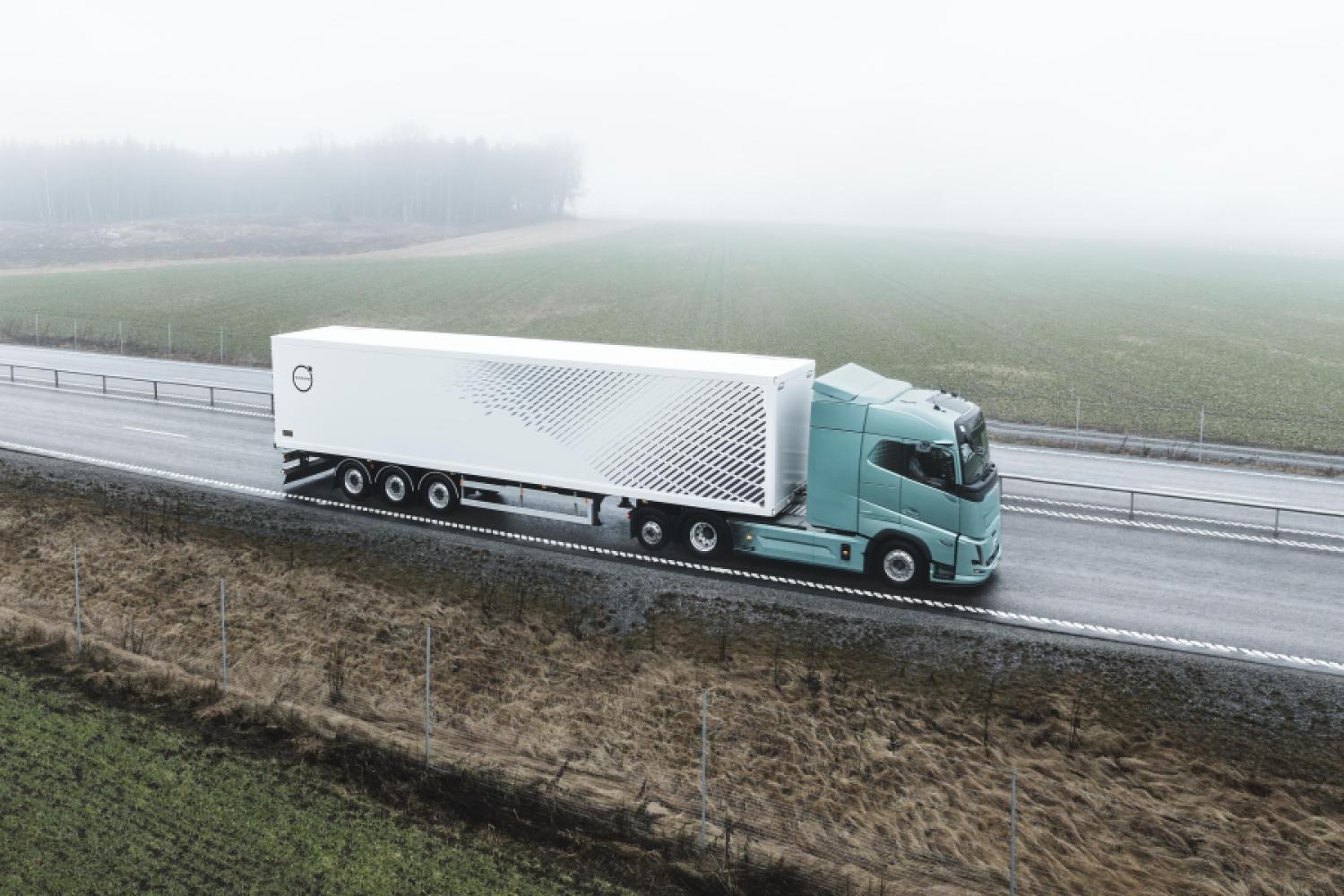The goal of the three to five-year EU project FLEXMCS (Flexible Megawatt Charging Systems) is to create energy-efficient multi-charger hubs for the European electromobility system. These are optimized for fast and cost-effective charging processes during the prescribed breaks, it is stated. It is not only about charging power but also about infrastructure tailored to the requirements of road freight transport.
For the successful implementation of the EU project, Gruber Logistics has partnered with research and industry organizations, including the Vrije Universiteit Brussel, Alpitronic, Bosch, DAF Trucks, and Iveco. Together, they aim to develop a European fast-charging system that will revolutionize electromobility
in heavy-duty transport, according to Gruber Logistics.
Testing at the Karlsruhe LocationAs part of the project funded by the European Commission with a total of 8.76 million euros, the logistics company is responsible for testing the megawatt charging station concept at the Karlsruhe location. In addition to charging efficiency and energy savings, the scalability of systems with multiple charging interfaces and the integration of renewable energy sources are being tested.
Ettore Gualandi, Team Leader Sustainability & Eco-Innovation at Gruber Logistics:
“The transition to electromobility is one of the biggest challenges for the logistics industry. By participating in FLEXMCS, we can actively
contribute to progress in efficient charging infrastructures and accelerate the transformation. We also purposefully contribute our logistical expertise through technological innovations in European supply chain management.”
FLEXMCS aims to optimize the charging infrastructure for electric trucks through the development of scalable and energy-efficient megawatt charging stations. These systems then integrate multiple charging interfaces, renewable energy sources, and intelligent charging management tools.
It is expected that they will not only reduce CO2 emissions but also lower operating costs for logistics companies, it is further stated. The planned megawatt chargers (MCS) with up to 1.2 megawatts of power are intended to fully charge
"heavy-duty trucks" during the 45-minute mandatory driver break. Ettore Gualandi:
“By investing in 44-ton electric trucks and a powerful charging infrastructure, we are deliberately advancing the decarbonization of heavy-duty transport. We need an infrastructure consistently planned for trucks because we still experience their current deficiencies every day. The FLEXMCS project enables us to develop an efficient and European-wide usable charging system for freight transport together with strong partners.”
In Germany, Gruber Logistics has been operating two charging stations for heavy commercial vehicles for a few weeks, located in Staufenberg along the Scandinavian-Mediterranean corridor and in Cologne, a central hub of European






